What is Feng Shui?
In 2018, my journey into Feng Shui began with a Mindvalley class led by Marie Diamond, Marie introduced her viewers to the San Cai model, which she adapted into “Human Luck”, “Earth Luck”, and “Heavenly Luck”. The perspective that our environment is one determining factor in our lives fascinated me and sparked my interest in Feng Shui. Last year, my path led me back to Feng Shui and I started a training here in Berlin that is now about to come to an end. But honestly, I have the feeling that there is so many more deeper layers to it, that the studies will never truly end :). What I have discovered is that classical Feng Shui is much more intricate and complex than its Western adaptations and less generalised in many ways (e.g. “Never use the colour red in your bedroom!”).
Ba Zhai Presentation with Results & Recommendations
Let’s get to Feng Shui, which literally means "Wind and Water", dates back to 1600 B.C. ancient China, evolving from careful observation of nature and landscapes. It’s a fascinating system that explores the relationship between people, spaces, and nature. Feng Shui sees everything as interconnected. It includes both the manifest aspects of nature (what you can hear, see, touch etc.) and the unmanifest– things that go beyond our five senses but are no less real. The main intent and focus of using Feng Shui as an ancient practice is harmonizing people with their environment.
There are different Feng Shui schools, including:
The Form School, which analyzes visible physical structures and shapes, and
The Compass School, which considers directions and energetic patterns.
Within these two schools, many different methodologies and perspectives have been developed to analyze and harmonize spaces. It is important to note that Feng Shui is not a static system but has evolved over thousands of years, developing various techniques, each emphasizing different aspects of human-environment harmony.
Feng Shui Studies 2024/25
A central principle in Feng Shui and traditional Chinese metaphysics is the concept of Chi (Qi). Chi is the vital life force that flows through all living beings and their surroundings, influencing them on a physical, mental, and spiritual level. Quantum physics has shown that matter consists of more than 99.9% energy – everything is in motion, everything is vibration.
Feng Shui works deliberately with Qi by reducing negative Sha Qi (stagnant or aggressive energy) and enhancing positive Sheng Qi (nourishing, harmonious energy). Through intentional spatial design, the natural Qi flow is optimized to support well-being, health, and success.
The San Cai Model Another important perspective of Feng Shui is that the environments we live in and engage with influence our being by about one-third. Overall there are three types of energetic influences:
San Cai Model
Heavenly Qi (Tian Qi) – Which are the cosmic and celestial influences, including planetary movements, time cycles, and unseen energetic forces shaping our realities.
Human Qi (Ren Qi) – Which is about the energy of human beings, influenced by emotions, thoughts, actions, and personal choices. It represents free will, mindset, and our ability to shape our own reality.
Earthly Qi (Di Qi) – Which refers to the energy of the physical environment, including landscapes, geographical features, and spatial arrangements.
While we cannot change the stars (Heavenly Qi), there are methods to harmonize the effects of cosmic influences. When it comes to our homes, we usually have the power to shape our physical surroundings so that they can nourish us and support our wellbeing (Earthly Qi). Additionally, we have full control over our mindset, decisions, and energy management (Human Qi). So, even if external factors (Heavenly Qi & Earthly Qi) seem to work against us, the strength of Human Qi ultimately always determines how we experience, respond to, and ultimately shift our reality. It remains the most dynamic and empowering factor in our lives.
I wanted to point that out too, because sometimes we get a bit obsessed and narrow-minded about how things work. At the end of the day, all these different metaphysical tools exist to support us and make our lives more enjoyable – rather than disempowering us.
Feng Shui is a lens through which we can see the world, a way of understanding and working with the energies around us, both visible and invisible. And the beauty of it is that it’s different for everyone and every situation. It’s a practice of deep attunement and alignment with our environments that’s unique to each individual and situation.



